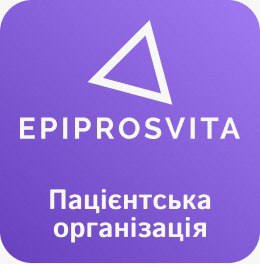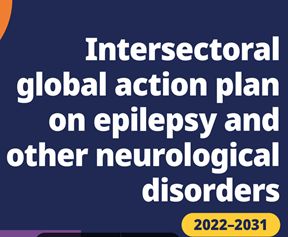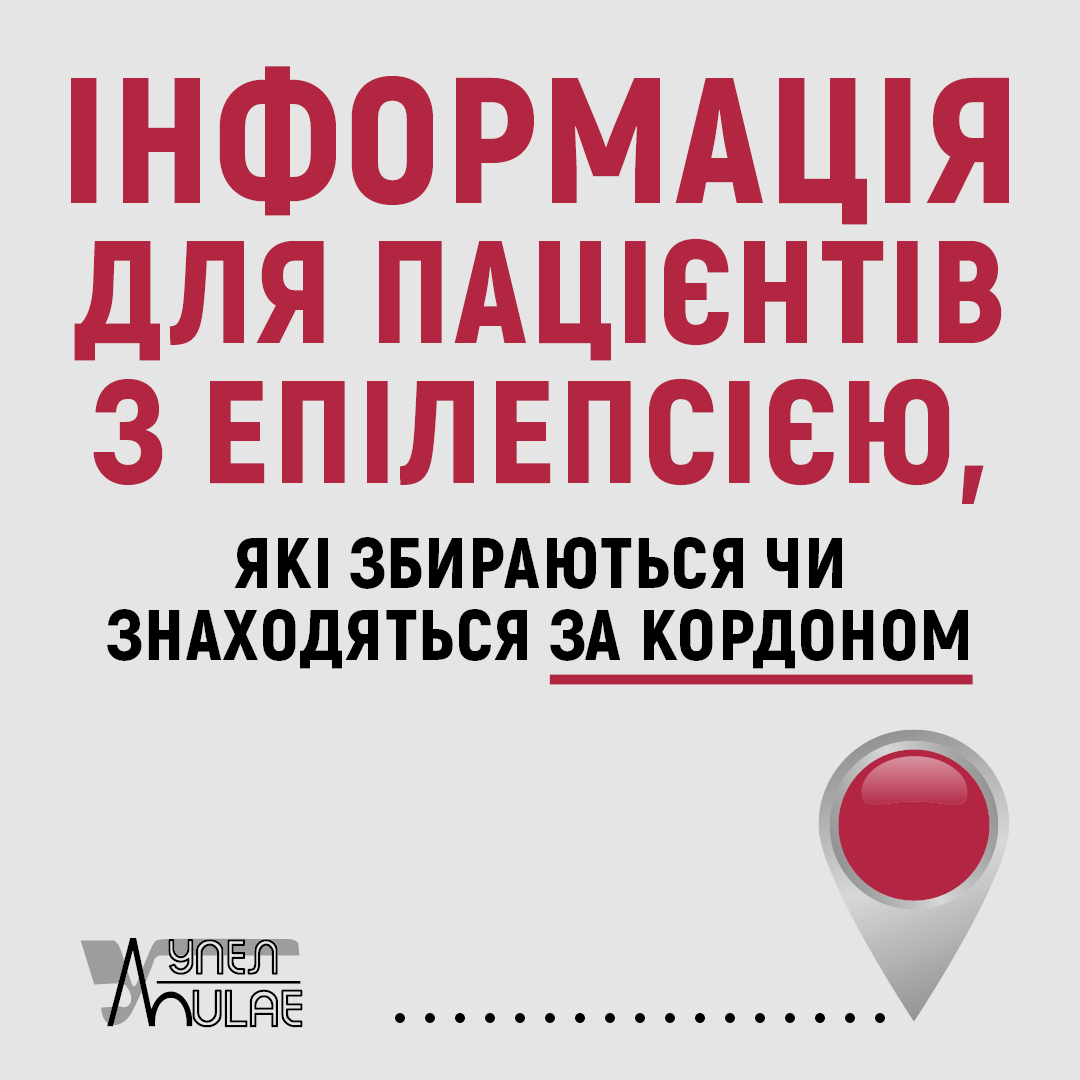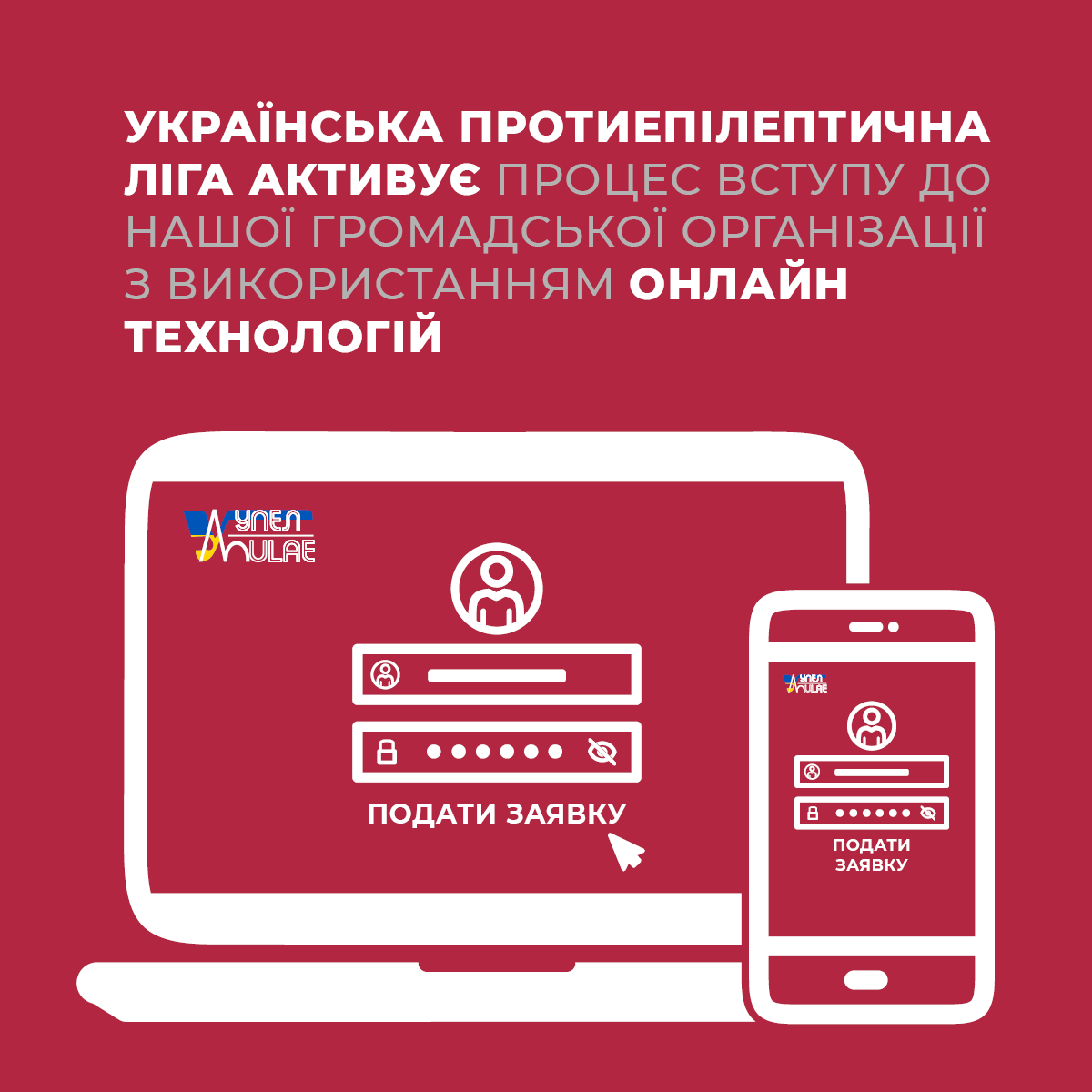Editor’s Choice vol. 120: Trends of Mortality from Epilepsy in the United States, 1979-2021.
Markus Reuber, Academic Neurology Unit, University of Sheffield, Royal Hallamshire Hospital, Glossop Road, Sheffield, S10 2JF
We like to think of the history or medicine as one of steady progress in which public health
measures (like the provision of clean drinking water) as well as medical discoveries (such as
the use of vaccinations or antibiotics in the prevention or treatment of infections) increase
population health and life expectancy. However, following many decades of steady
improvements life expectancy in several high-income countries has actually been falling in
recent years (1-2). For instance, in the USA life expectancy was 47 years in 1900 and 68
years in 1950. By 2019 it had risen to 79 years (3). Life expectancy then declined to 77 in
2020 and dropped further to 76 in 2021. The drops in US life-expectancy were greatest in
Native Indian, Black and Hispanic American populations. While the identification of specific
causes of these observations is difficult, two thirds of the recent decline in life expectancy in
the USA have been put down to COVID, drug overdoses and accidental injuries (4).
My editor’s choice paper from the current volume of seizure examines long term US
mortality trends when epilepsy was recorded as the underlying cause of death, for instance
because deaths were attributed to Sudden Unexpected Death in Epilepsy (SUDEP) status
epilepticus, accidents during seizures, surgical complications, and potential comorbidities (5).
deaths will only be a subset of all of those who died with a diagnosis of epilepsy but of
causes not directly associated with their seizure disorder. Based on cause-of-death and
demographic data was from the National Center for Health Statistics, the authors used a
joinpoint regression model to describe changes in US mortality trends from 1979 to 2021.
Age-adjusted mortality in all ethnic groups initially fell during the study period. However,
since 2006 the number of those dying with a diagnosis of epilepsy has been on the rise.
The sustained increase in mortality attributed to epilepsy is clearly of concern. While it may
in part be explained by an increased awareness of epilepsy and causes of epilepsy-related
causes of deaths (especially SUDEP), and while the American Population is getting older, the
fact that mortality discrepancies between white and non-white Americans are increasing also
hints at the effects of inequitable access to health and social care – or an uneven distribution
of other risk factors for epilepsy-related deaths. Most worrying of all is the fact that the
increase in the epilepsy-related mortality is accelerating and that the differences between
white and other populations are increasing further. Further work will need to untangle what
contributes to these trends and what can be done to reverse them.
References:
1.https://www.ons.gov.uk/peoplepopulationandcommunity/birthsdeathsandmarriages/lif
eexpectancies/bulletins/nationallifetablesunitedkingdom/2020to2022
2. https://www.cdc.gov/nchs/data-visualization/mortality-trends/index.htm
3. https://www.cdc.gov/nchs/data/databriefs/db395-H.pdf
4. https://www.cdc.gov/nchs/data/vsrr/vsrr023.pdf
5. Liu Q, Zhao Q, Ji Q, Lv X, Huang X, Xu X, Zhan Y. Trends of mortality from
epilepsy in the United States, 1979-2021. Seizure 2024;120:83-88.





